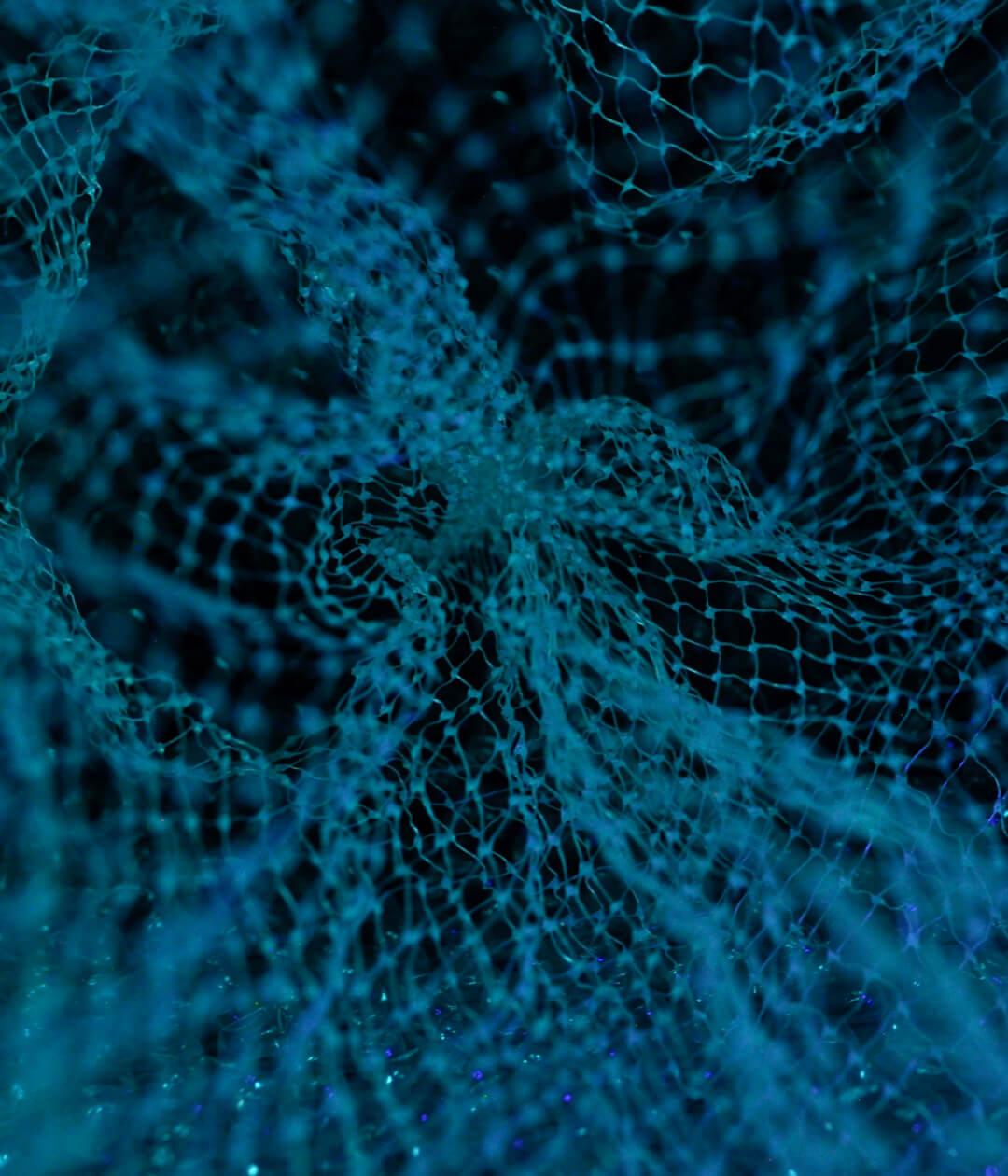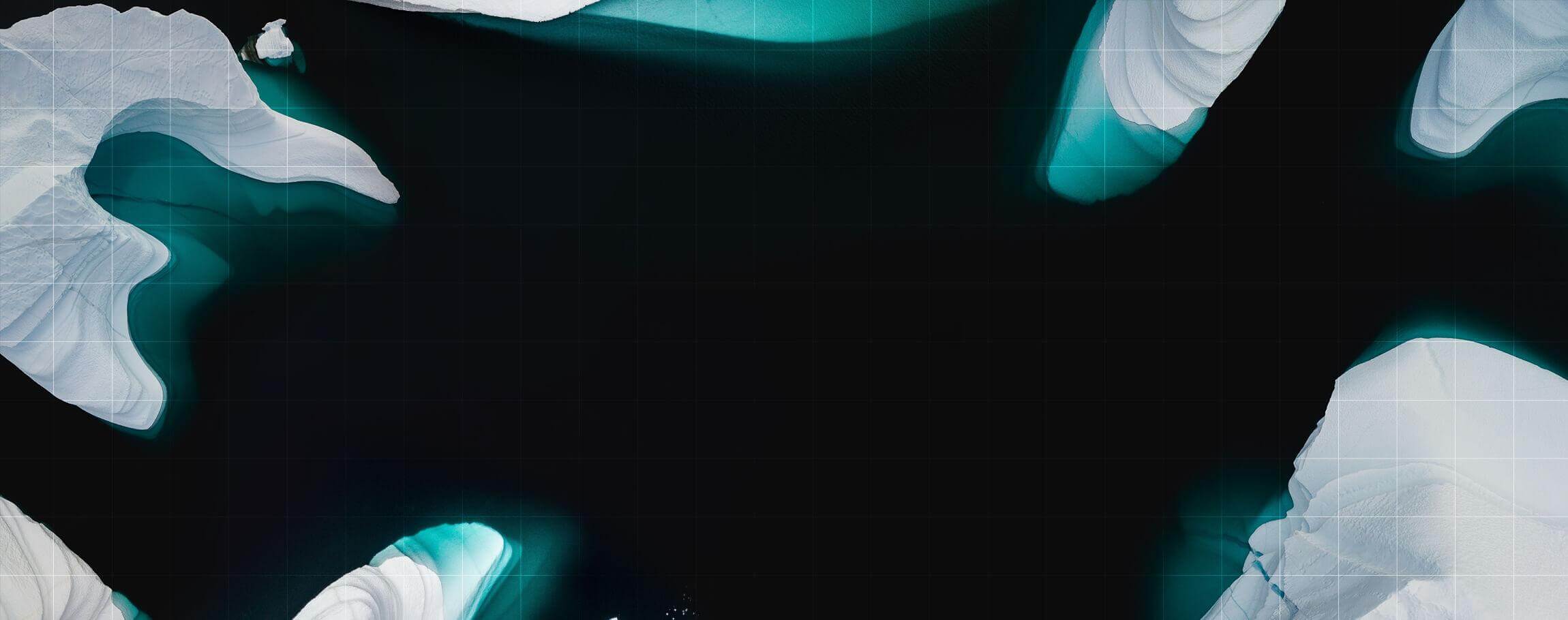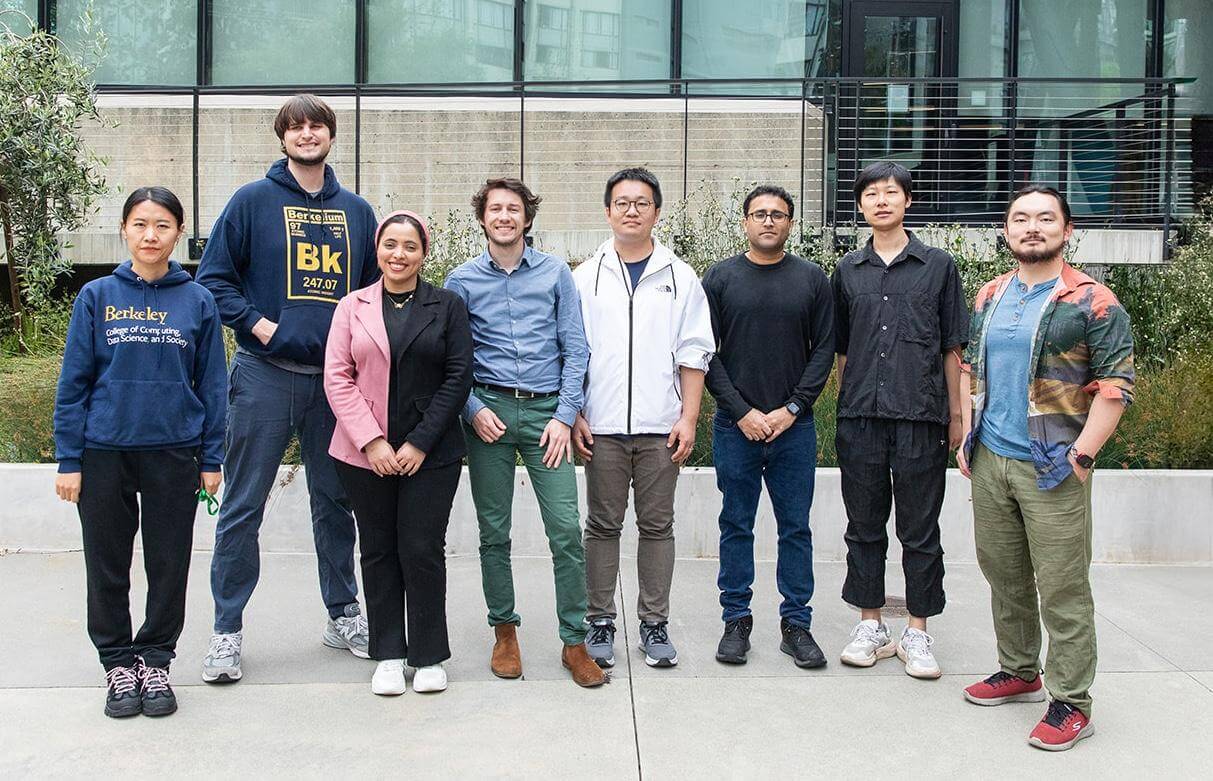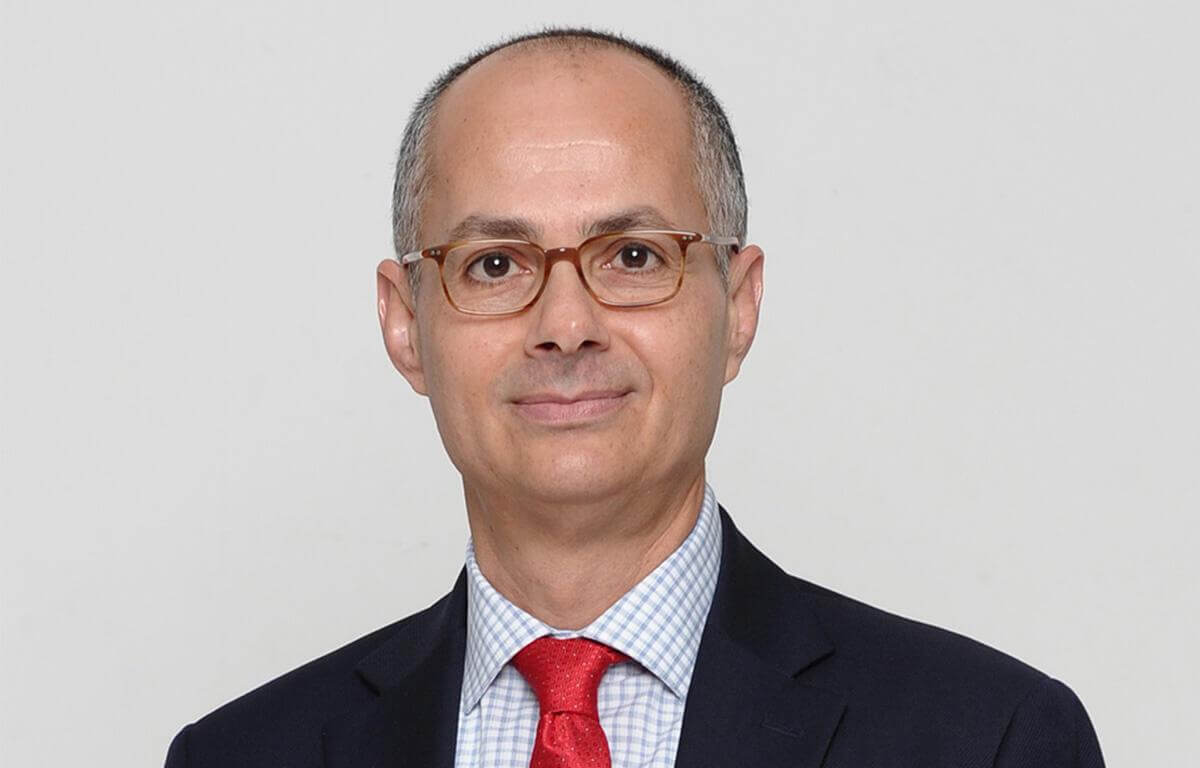About BIDMaP

The Bakar Institute of Digital Materials for the Planet (BIDMaP) aims to speed up the development of reticular chemistry and modular structures for achieving cost-efficient, easily deployable ultra-porous metal-organic frameworks (MOFs) and covalent organic frameworks (COFs).
These programs will help limit and address the impacts of climate change and extend to downstream technologies like conversion of CO2 to clean fuels, biodegradable polymers, enzymes, and pharmaceuticals. BIDMaP brings together top computation and machine learning experts with chemistry and other physical science researchers to exploit the vast potential these reticular structures have in achieving clean air, clean energy, and clean water.

MOFs are crystalline structures in which a combination of multi-metal units and organic linkers are stitched together by strong bonds to make frameworks encompassing ultra-high surface areas (up to 7,000 square meters per gram of MOF material), folded and compacted into tiny spaces.
Each of the more than 100,000 frameworks in existence can selectively attract, filter, store or release specific molecules like carbon dioxide and water, operating in different environments and with high precision.
COFs are yet another class of ultra-porous crystals made entirely from strongly bonded organic molecules with no metals; their versatility offers another frontier in applications for electronics and climate-related catalytic conversions of carbon dioxide.



